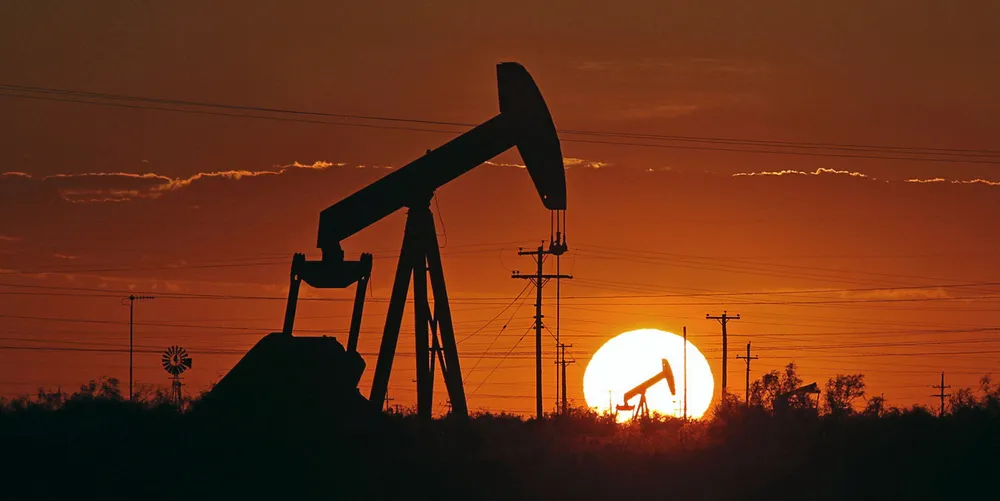Accelerating global energy transition will 'require a reimagining': WEF score-card
Shift toward post-fossil economies gearing up but yearly World Economic Forum index finds only 10% of countries showing 'steady and consistent' progress in past decade
